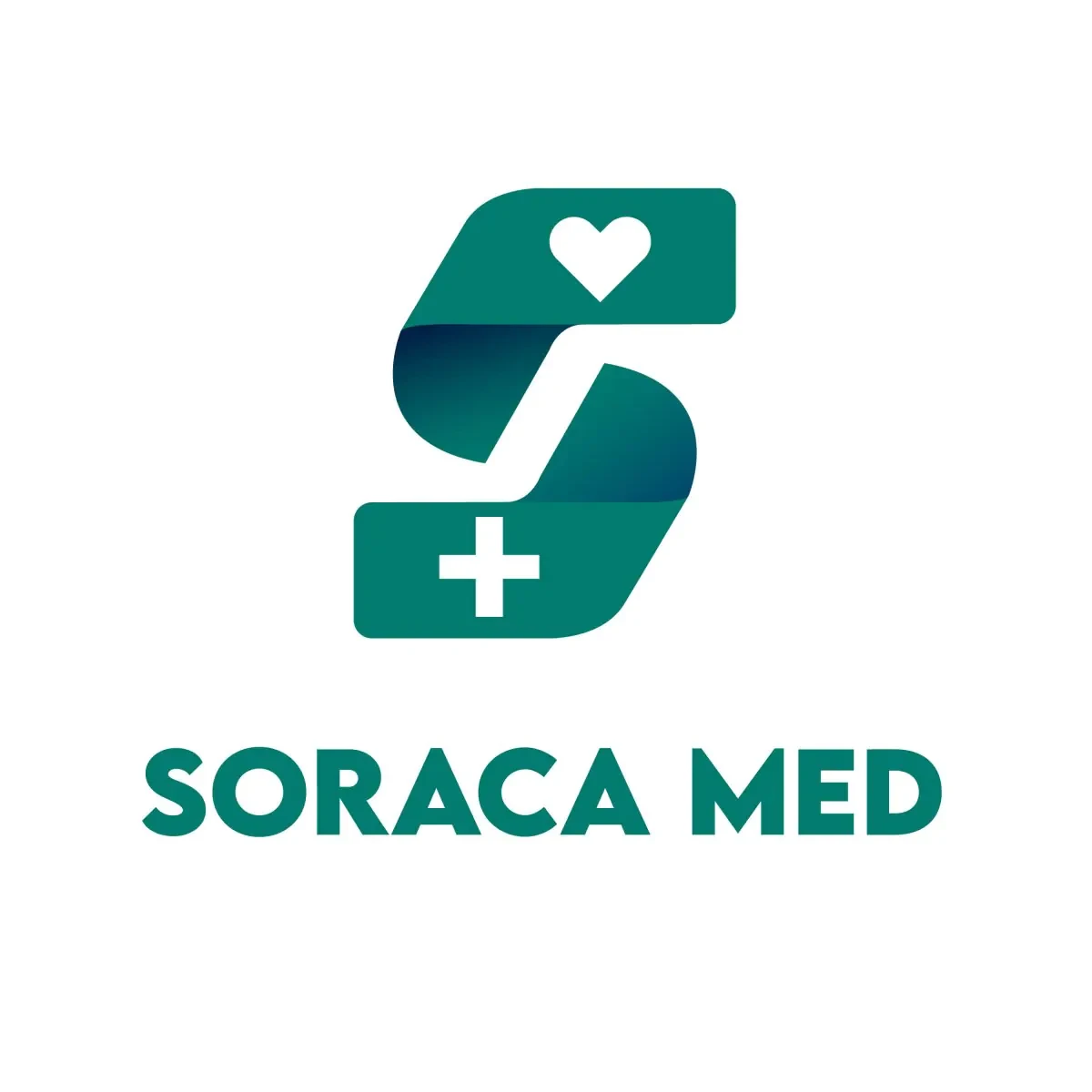
Hernia Surgery
Hernia Surgery,Hernias are quite common. A hernia occurs when a portion of the organ extends through a weak area in abdominal muscles and causes an oblique. Inguinal hernias happen most often however there are other kinds of hernias like umbilical hernias, or hernias that are incisional in the vicinity of an incisional scar.
Although some hernias may only cause minor discomfort, it's a good idea to fix them surgically. The diagnosis is made rapidly with an ultrasound test. The procedures are performed regularly in PremiQaMed hospitals by highly skilled surgeons. There are many methods of hernia surgery that surgeons take into consideration for each situation. For hernias that are very large specific methods are employed to avoid the recurrence of the hernia.
What is Hernia Surgery
The layers of muscle and strong tissue line the abdomen, supporting moving and protecting internal organs. A hole in this muscle wall, referred to as a hernia the abdominal contents to expand outward. Hernias are found in various shapes and types, but the belly area or groin is the most often.
What is the cause of hernia?
If a connective tissue becomes weaker or an opening that is already present allows an organ or another tissue to pass through the barrier, it is referred to in the medical field as hernia. Sometimes, the weakness or opening occurs at birth but the majority of times it is discovered later in the course of. It can be caused by surgery or an unforeseen incident, however repetitive injuries to the body are more frequent. The years of effort or stress could cause the degeneration of tissue.Invest to improve your overall health and make a commitment to a better future. Our extensive medical programs provide tangible results while you take in the beauty and tranquility of our location.
What is the appearance of a hernia?
It's like an area of bulge that should not be one. It is common to see it on the upper part of your inner thigh, or the abdomen. Sometimes it's obvious, but other times it isn't. Hiatal and femoral hernias are two instances of hernias that are not deep to be seen when viewed from outside.
Hernia Surgery Procedure:
Hernia surgery seeks to fix the hernia as well as strengthen the area that is weak by using sutures, mesh or any other method. Here's a quick overview of the procedure
Before the Procedure:
- The medical evaluation is a thorough examination, which includes physical examination as well as a medical history evaluation is carried out to determine the cause of the hernia and decide on the most appropriate surgical procedure.
- Instructions for pre-operative procedures: Patients are given specific instructions for fasting, medication usage and other essential preparations prior to the surgery.
- Consent and documentation: A clear consent is obtained and the necessary paperwork, such as consent forms as well as medical history questionnaires, are completed.
During the Procedure:
The exact surgical method to repair hernias is determined by the type, size or location of the hernia. Two common procedures are:
- Repair of an open hernia: In this type of procedure, the surgeon cuts an incision close to the site of the hernia, and then gently pulls the protruding organ or tissue back in place. The damaged tissue or muscle is then fixed using sutures or a mesh to help strengthen the region.
- Laparoscopic hernia repair Laparoscopic procedure involves making a series of tiny incisions, and then inserting a thin tube with cameras (laparoscope) and surgical instruments. The surgeon can repair the hernia by using the laparoscope to see the region and guide the surgical instruments. A mesh can be used to help strengthen the area that is weak as a similar procedure to open hernia repairs.
After the Procedure:
- Recovery period: Following a shenia surgeries, patients will be monitored in a rehabilitation area until they're stable. Patients are discharged on the same day, or with the option of a brief hospital stay.
Treatment of pain: Pain medication or nonsteroidal anti-inflammatory medicines (NSAIDs) can be prescribed to ease post-operative discomfort and pain.
Care for wounds: The patients are given instructions on how to care for wounds including dressing changes as well as hygiene techniques to help prevent infections.
Limitations and modification of activity Patients are advised of lifting restrictions, physical activity limits and gradual return to regular routine.
Follow-up appointments: Follow-up visits regularly are scheduled to observe your healing progress, determine the effectiveness of the treatment and address any concerns or problems that might occur.
Is There Any Risk of Hernia Surgery in Turkey?
The clinics in IzmirClinic will be able to perform the surgery perfectly and risk-free. You may feel a slight pain after hernia surgery in Turkey. This is normal because this discomfort will pass as soon as possible.
What Is The Recovery Period For Hernia Surgery In Turkey?
Following a hernia procedure in Turkey it is possible to experience some discomfort for a couple of days. It is also possible to be tired and feel less energy than you normally. This is not uncommon. It is normal to feel better after a few days, and likely to feel much better after seven days. In the course of a few weeks, you could be experiencing discomfort or pull during the hernia surgery in Turkey whenever you move. You might experience some swelling on the site where the fix was made. This is normal.
Frequently Ask Questions
Treatment Types

Gastric Sleeve
Transform your life with gastric sleeve surgery. Bid farewell to excess weight and hello to a healthier, more vibrant you. Our skilled surgeons tailor each procedure to your needs, ensuring safe and effective weight loss. Schedule a consultation at Izmir Clinic today and embrace a new chapter of improved health and confidence.
Gastric Bypass
Embark on a journey to a healthier lifestyle with gastric bypass surgery. Say goodbye to excess weight and hello to renewed vitality. Our experienced team customizes each procedure to your needs, ensuring safe and sustainable weight loss. Schedule a consultation today and take the first step towards a happier, healthier you.
Gastric Balloon
Achieve your weight loss goals with a gastric balloon procedure. Say goodbye to excess weight and hello to a healthier, more confident you. Our expert team provides personalized care, ensuring safe and effective results. Schedule a consultation today and begin your journey to a happier, healthier lifestyle with the support of a gastric balloon.
Gastric Band Surgery
Take control of your weight with gastric band surgery. Bid farewell to excess pounds and hello to a healthier, more confident you. Our skilled surgeons customize each procedure to your needs, ensuring safe and sustainable weight loss. Schedule a consultation today and embark on the path to a slimmer, happier lifestyle with gastric band surgery.
Hernia Surgery
Find relief and regain your comfort with hernia surgery. Bid farewell to discomfort and hello to a stronger, healthier abdomen. Our experienced surgeons provide personalized care, ensuring safe and effective treatment. Schedule a consultation today at Izmir Clinic and take the first step towards a life free from hernia-related pain and limitations.


